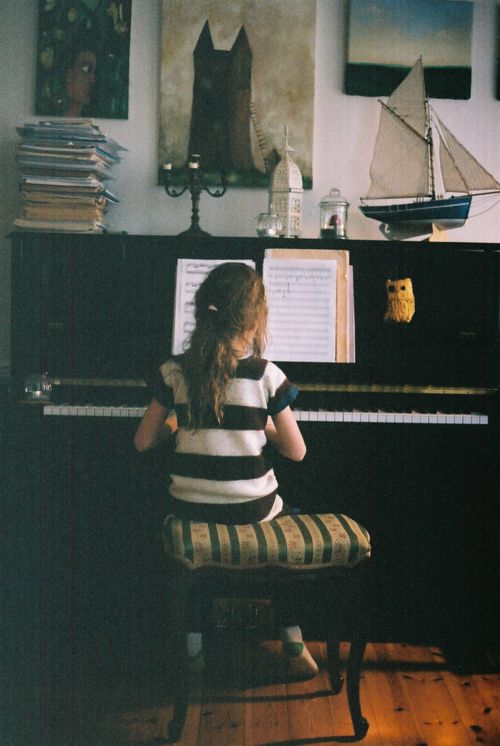There is a non-truth I hear often: “Oh, I’ve always wished I could (play piano, learn to sing, run a marathon, etc,) but I’m too old to learn now.”
The truth is the ability to learn is a skill. We have it s kids because we have no choice- life is immersion education. As we grow, specialize, and spend decades in a career, we often lose the receptivity necessary to learn something new. We have built up so much knowledge that we have a complex web of reference points, known facts, assumptions that help us make good choices in a split second.
Zen Buddhism has a concept called shoshin: beginner’s mind. It’s the concept of approaching something new with childlike wonder, with openness and receptivity. As an adult it takes intention and effort to open up enough to truly learn. I call it receptivity, and I can actually feel it in my body. I ask my pride to go for a coffee break and then remember that there’s so much I don’t know and learning is fascinating. As I do this, my body softens. It feels as if there’s more space in me, as if all my cells moved just a bit farther apart.
Try it and see what happens. My favorite way to try it is with a kid as my teacher. There are so many things kids know that I don’t know, so I find my receptivity and ask the kid to teach me about something. Usually the kid is pleasantly shocked to be seen as a wisdom-haver by an adult (a teacher, no less.) And in me, as I listen I do feel very childlike. I ask wide-eyed questions, and the answers feel like little pebbles of joy.


